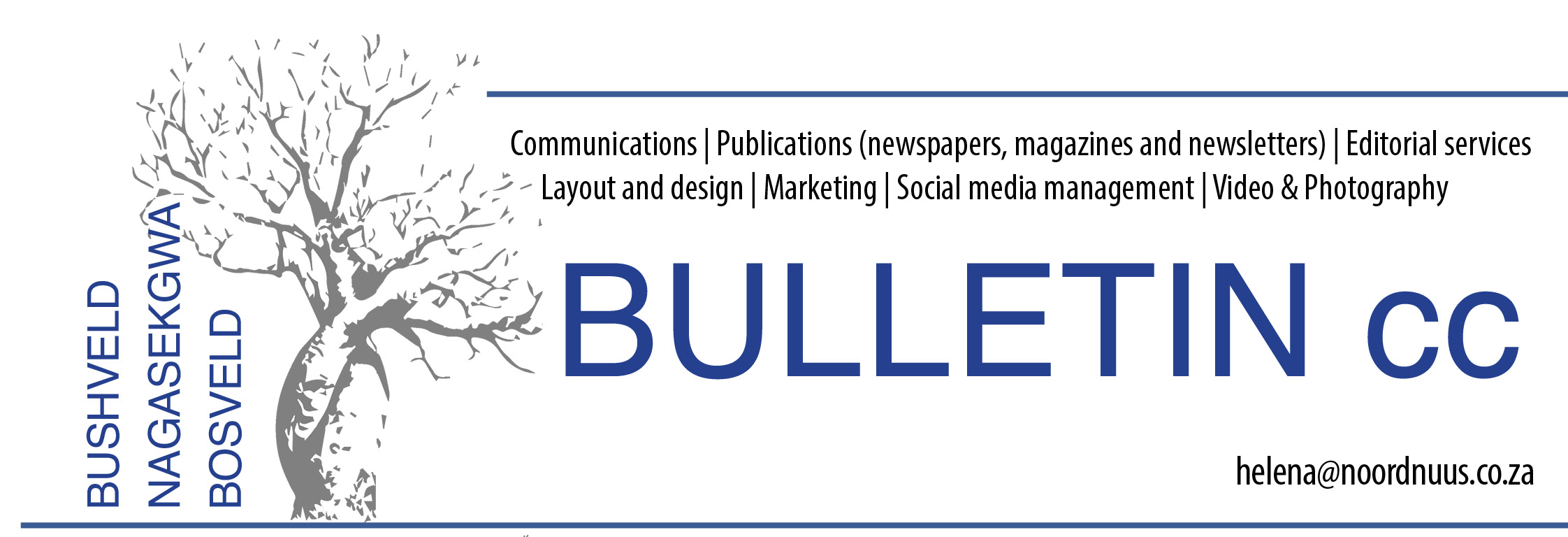Are your children prepared for the future?
THE prediction that in a few years, millions of jobs will be lost to technology is indeed a challenging thought and could also be a reason for concern in many minds.
The main concern, however, is our children’s future. How do we prepare them for a future that is changing at an almost unreasonable pace?
“We stand on the brink of a technological revolution that will fundamentally alter the way we live, work, and relate to one another. In its scale, scope, and complexity, the transformation will be unlike anything humankind has experienced before. We do not yet know just how it will unfold, but one thing is clear: the response to it must be integrated and comprehensive, involving all stakeholders of the global polity, from the public and private sectors to academia and civil society,” - Klaus Schwab, Founder and Executive Chairman of the World Economic Forum (WEF).
In a recent conversation with a seasoned educator, she informed me that after 25 years of teaching she realized that we need to rethink our methods of teaching after one of her Gr 12 students had written: “Today teachers teach us what they know instead of teaching us what we want/need to know.” These words confirmed that we cannot continue to use the same teaching methods or interact with information in the same way we did 20 years ago. In my opinion, the challenge of the future is not so much that there will not be jobs available but rather that our children will not be equipped with the specific skills to face the day-to-day challenges that the available jobs will require.
Recently, on 702 talk radio, CEO of Sygnia, Magda Wierzycka, said: “We need to start adjusting the education system to teach children skills that will be relevant in the world of drones and self-driving cars.”
Technology and globalization are significantly shifting business models in all sectors, which brings us to the conclusion that on average, a third of the skillsets required to perform today’s jobs will be completely new by 2020 according to the WEF whitepaper on Realising Human potential. This new world is fuelled by data and internet connected devices that are capable of collecting and processing ever-growing amounts of information. There has never been a more crucial time to re-wire learners’ minds through developing their visual processing and cognitive skills. We need to equip them with the right set of skills in order to succeed in this globally and digitally interconnected world. This act of “upskilling” will be crucial to retain or attain employment over the next few years, the WEF surmised.
The silver lining is that while millions of jobs might be lost to new technology, it will also create many new jobs, some of which we can’t even imagine today.
As the co-directors of one of the leading research and development companies, we realized more than 30 years ago that a change in education is going to be inevitable. For this reason, we developed an on-line solution (LAB-on-line) to help prepare our future generation for this moment and the challenges involved.
Our vision at Lectorsa is to change the face of education, so that the ‘challenges’ of the 4th Industrial Revolution, would not be seen as problems, but rather as opportunities.
I am assured that my children will have a future in the 21st-century and beyond because LAB-on-line has prepared and equipped them. Are your children prepared?













0 Comments